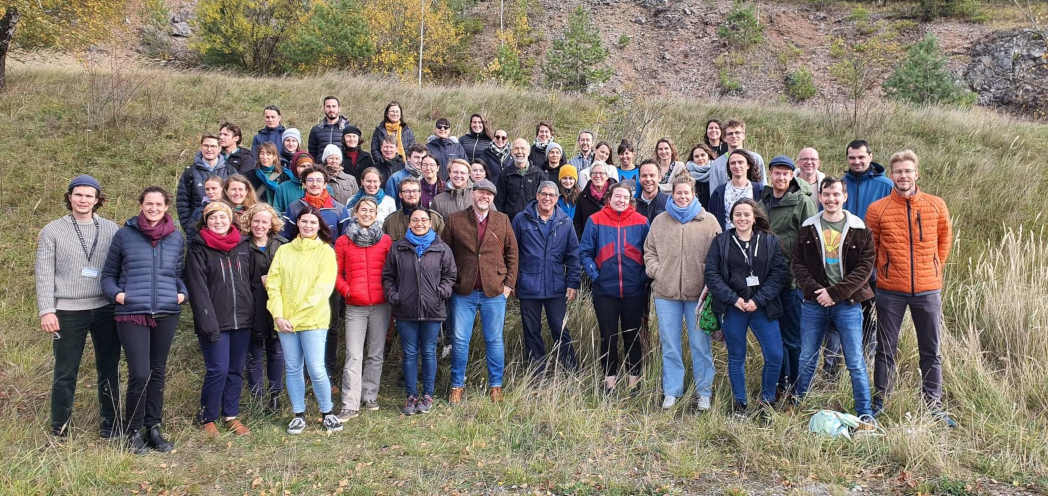
SCAPE Conference
This October, we attended the SCAPE 2021 conference, which took place in Warsaw and Chęciny in Poland. SCAPE stands for The Scandinavian Association for Pollination Ecology, which has been organizing these conferences yearly since 1987.
We presented our project Cro Buzz Klima, met many nice people, and listened to 60 lectures covering the ecology and evolution of pollinators and plants, chemistry of floral scent and nectar, pollinator conservation, and pollinators in agricultural ecosystems.
In one of the plenary lectures, Massimo Nepi reviewed nectar neurobiology. Perhaps the best-known example is the discovery that caffeine in nectar improves bee memory so that caffeinated bees can find caffeinated flowers faster and easier. In addition to sugar and amino acids, nectar contains a number of other compounds. Some of these compounds protect plants from pathogens, and some are neuroactive molecules that regulate bee appetite, improve muscle function, or keep them calm. Such discoveries change our perception of the plant-pollinator relationship, as they suggest that plants may be active managers of the behavior of insects.
Research in Poland found that the pollen of trees, especially oak, is an important food resource for solitary bees in urban areas, where the availability of wildflowers is reduced. Such studies provide important data for the management planning of urban green spaces.
The meta-analysis of pollinator efficiency showed that honeybee, Apis mellifera, is not the most efficient pollinator, only average. Honeybees are still useful managed pollinators, but this research highlights that honeybees cannot replace wild pollinators or ecosystem services they provide.
The talk on mountain bumblebees revealed that at one locality and at a certain time bumblebees are picky eaters – they collect nectar and pollen from a small number of plant species, often not from the most abundant ones. However, when looking at data throughout the season and across the altitudinal gradient, bumblebees will collect food from different species, showing flexibility. Such analyses are important for predicting the adaptation of bumblebees to climate-related shifts in distributions of floral resources.
